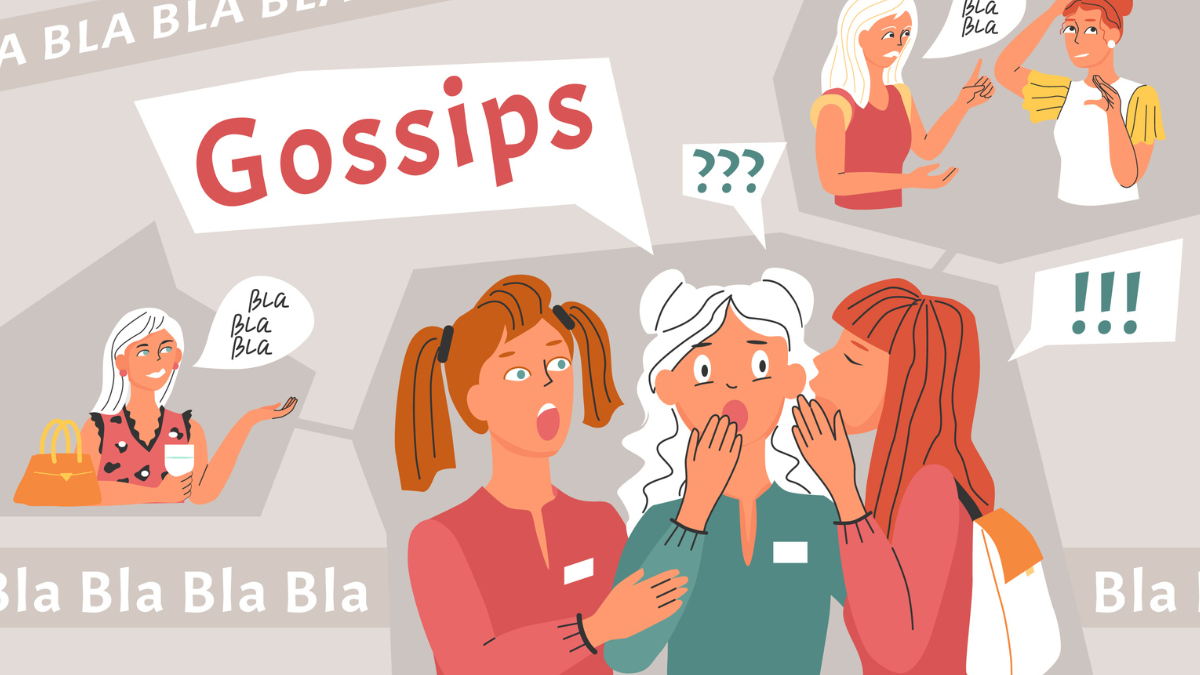
In the meticulously curated world of modern life, where every thought is often distilled into a 140-character maximum, there's a refreshing rebellion brewing: the embrace of ‘yapping’. Yes, that once-pejorative term for talking endlessly, stream-of-consciousness style, about everything from your feelings on that questionable Instagram trend to the crippling specifics of your current existential crisis.
But what if this glorious, unfiltered verbal outpouring, yapping, isn't a sign of social amateurism, but an essential form of self-care?
As someone who can turn a two-minute coffee run into a twenty-minute detailed monologue (complete with unnecessary character voices), I know the power of the yap intimately. It's the sensation of finally opening a tightly sealed emotional canister, watching the steam escape, and realising you can breathe again. And according to mental health experts, this isn't just a quirky habit; it's genuine therapeutic gold.
"Yapping in the sense of freely talking without filters to someone we feel safe with can genuinely be good for mental health," confirms Dr Rimpa Sarkar, Clinical Psychologist and Founder of Sentier Wellness in Mumbai. She notes that this unfiltered chat acts as a "reset for the nervous system."
The mechanism is simple: when we keep thoughts and emotions bottled up, they create internal pressure and anxiety. Vishnupriya J, a Consulting Psychologist at Aathma The Healing, Kerala, explains that talking openly "releases emotional pressure and starts to understand our thoughts more clearly." It’s a sonic form of organisation. As I find myself detailing a messy situation, the act of hearing the words out loud often provides the clarity I’ve been searching for internally. It’s like giving your brain a much-needed deep-clean.
Delhi-based Life and relationship coach Varinderr Manchanda echoes this, suggesting that yapping can be "like giving your brain some breathing space instead of letting everything stay stuck inside." When done right, it allows you to feel understood, strengthening bonds and lowering anxiety.
Don't miss: 4 Simple Steps To Elevate Your Communication Skills

However, like any powerful wellness tool, the yap requires mindful calibration. The moment your free-flowing conversation turns into a toxic emotional deluge, the benefits evaporate.
"Yapping becomes harmful when it replaces emotional regulation instead of supporting it," cautions Dr Sarkar. The danger lies in using endless talk as a mechanism to avoid difficult emotions, rather than as a means to process them. If you’re constantly ‘trauma-dumping without consent’, oversharing for reassurance, or repeating the same problems without inner reflection, you're merely ‘spilling’ without processing.
This is where my own yapping experience has taught me the hardest lessons. The feeling of relief after a massive vent can quickly be replaced by guilt or shame if I realise I overwhelmed my listener or talked solely to avoid taking action on the problem itself. Vishnupriya calls this the point where it becomes "constant complaining, burdening others, or avoiding real solutions.
Don't miss: 5 Smart Ways To Turn Criticism Into Growth

The secret to mastering the healthy yap lies in balance and boundaries. It’s about becoming a thoughtful conversationalist, not just a human megaphone.
1. Ask for consent: Before you launch into the next chapter of your emotional novel, ask your listener if they are genuinely available. Dr Sarkar stresses that "connection thrives on consent and reciprocity." A simple, "Is this a good time to talk? I just need someone to listen," makes all the difference.
2. Focus on reciprocity: Are you listening as much as you’re talking? Manchanda advises paying attention to "how much space you take in a conversation." Healthy sharing must go both ways; it should support the relationship, not strain it.
3. Check your 'after-talk' feeling: This is the ultimate litmus test. Manchanda suggests noticing how you feel immediately after the conversation—"lighter, or just louder in your mind?" If the yapping leaves you or the other person feeling drained or guilty, the pattern is unhealthy.
Ultimately, yapping is healthy when it’s honest, intentional, and, most importantly, helps you understand yourself better. It’s an authentic expression of the inner chaos, transforming it from a mental burden into a shared, manageable narrative. So go ahead, find your safe space, and embrace the beautiful, unedited art of the yap—just remember to breathe, and occasionally, listen.
Image courtesy: Freepik
For more such stories, stay tuned to HerZindagi.
Also watch this video
Herzindagi video
Our aim is to provide accurate, safe and expert verified information through our articles and social media handles. The remedies, advice and tips mentioned here are for general information only. Please consult your expert before trying any kind of health, beauty, life hacks or astrology related tips. For any feedback or complaint, contact us at compliant_gro@jagrannewmedia.com.